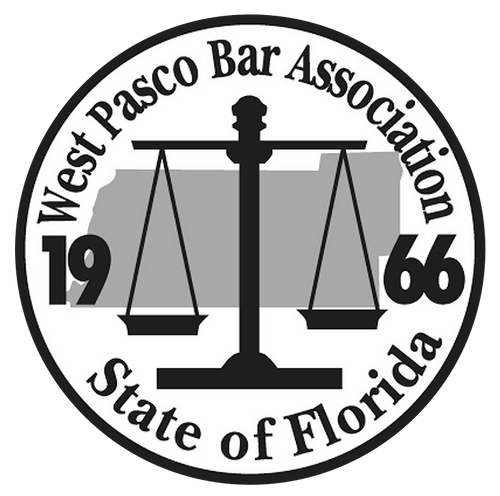How Long Does Probate Take in Florida?
 If you’re administering a loved one’s estate, you’re probably wondering how long you can expect the process to take. It’s impossible to definitively answer this question since the probate timeline will vary from one case to another. For instance, if creditors have claims against an estate, or if an heir contests a person’s will, then probate will likely take longer than it otherwise would.
If you’re administering a loved one’s estate, you’re probably wondering how long you can expect the process to take. It’s impossible to definitively answer this question since the probate timeline will vary from one case to another. For instance, if creditors have claims against an estate, or if an heir contests a person’s will, then probate will likely take longer than it otherwise would.
One of the factors affecting the length of the probate process is the type of administration used—summary probate proceedings can often be completed within just one to two months, while formal probate proceedings typically take at least six months. Below, we explain what the difference is between these two approaches and when each one can be used.
What Is Summary Probate?
Summary probate (also known as “summary administration”) is a streamlined version of probate that can generally be used when either of the following is true:
- The estate is less than $75,000 (not including exempt assets).
- The person has been dead for more than two years.
The reason for the two-year rule is that, in Florida, creditors aren’t allowed to bring claims against an estate more than two years after a person dies. So, if someone died more than two years ago, creditors won’t need to be notified of the estate proceedings and the court won’t need to hear any creditor claims, thereby simplifying the administration process. As was noted above, summary probate usually takes about one to two months to complete.
What Is Formal Probate?
Formal probate (also known as “formal administration”) will generally be used when both of the following are true:
- The estate is at least $75,000 (not including exempt assets).
- The person has been dead for less than two years.
One of the main differences between summary and formal probate is that summary probate doesn’t require a personal representative (executor) to be appointed, while formal probate does. In formal probate proceedings, the personal representative will:
- Identify, collect, value, and protect estate assets
- Notify any creditors that they have the right to make claims against the estate
- Object to and defend against any claims that were improperly made
- Pay taxes, any valid claims, the costs associated with administering the estate, and the amounts statutorily allotted to the surviving spouse and family
- Distribute any remaining assets among the beneficiaries
As was mentioned above, formal probate often takes at least six months to complete.
Probate Lawyers Serving Clients Across Tampa Bay
If you’ve recently lost a loved one and you need help administering their estate, you can rely on the knowledgeable team at The Lyons Law Group, P.A. We’ve been in business since 2008, during which time we’ve represented thousands of clients across Pasco and Hernando counties and repeatedly earned a spot in the Law Firm 500 rankings. We have extensive experience with the probate process—including both summary probate and formal probate—and we’ll do everything we can to make the experience as easy and convenient as possible for you.
Contact The Lyons Law Group, P.A., today to schedule a free initial consultation with one of our firm’s probate attorneys. We have offices in New Port Richey, FL, and Spring Hill, FL. Once we’ve gained a better understanding of your case, we’ll be able to provide you with a realistic timeline and let you know what to expect during the estate administration process.





